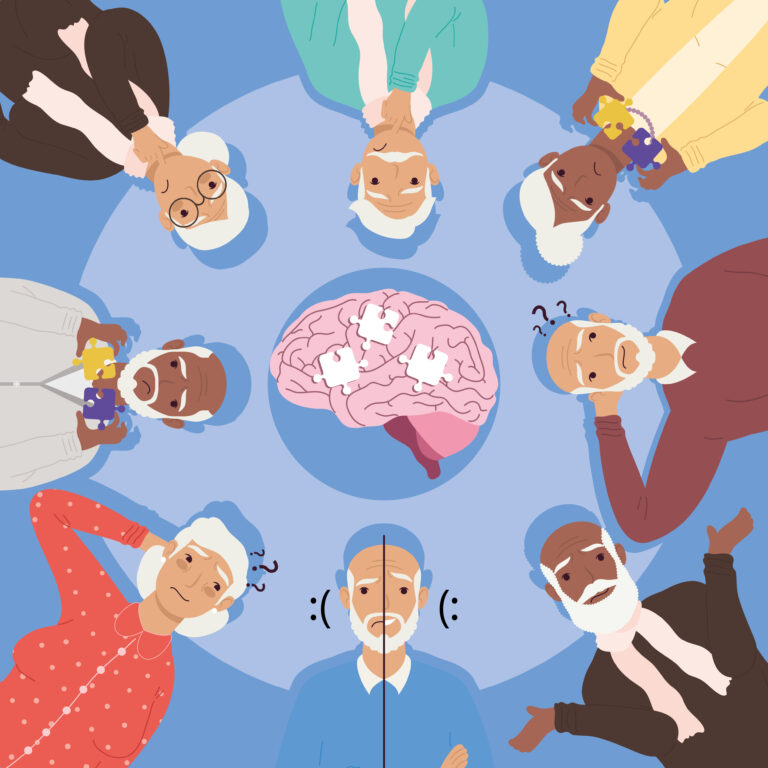Responding to a dementia patient who becomes confused or disoriented requires patience, empathy, and understanding. Here are some effective strategies to help manage these situations:
## Understanding Confusion in Dementia
Confusion is a common symptom in people with dementia. It can manifest as disorientation about time or place, difficulty recognizing familiar faces, or struggling with routine tasks. Understanding the causes and triggers of confusion is crucial for caregivers to apply the right strategies.
## Key Strategies for Managing Confusion
### Establish a Consistent Routine
A structured daily routine helps individuals with dementia feel secure and reduces disorientation. Set consistent times for meals, exercise, and rest. Avoid unexpected changes, as these may lead to increased confusion.
### Use Clear and Simple Communication
Clear, concise communication minimizes misunderstandings. Use short sentences, speak slowly, and make eye contact. Allow extra time for processing information and responding.
### Create a Safe and Familiar Environment
A safe, familiar environment reduces risks and provides comfort. Remove clutter, ensure good lighting, and add signs or labels on rooms and objects. Personalize spaces with familiar photos or items.
### Incorporate Memory Aids and Visual Cues
Visual aids help orient individuals with dementia to time, place, and purpose. Place clocks, calendars, and whiteboards in common areas. Label doors, cabinets, and other frequently used items.
### Offer Reassurance and Gentle Redirection
Providing reassurance can help ease anxiety, a common cause of increased confusion. If an individual is distressed or confused, calmly reassure them. Redirect attention to soothing activities, such as listening to music or looking at photos.
### Engage in Familiar Activities
Familiar activities provide mental stimulation and create positive feelings, which can reduce disorientation. Encourage hobbies the individual enjoyed, such as gardening or art. These activities can evoke memories and promote a sense of purpose.
### Encourage Social Interaction
Regular social interaction helps improve mood and reduces loneliness, which can contribute to clarity and focus. Arrange family visits and involve them in group activities when possible. Positive interactions can reduce the sense of isolation.
### Monitor for Health Issues
Untreated health conditions or side effects from medication can worsen confusion. Schedule regular health check-ups and monitor for issues like dehydration, infections, or poor nutrition.
### Practice Patience and Empathy
Individuals with dementia may struggle to express themselves. A compassionate approach builds trust. Approach each situation with calmness and patience, validating their emotions and providing time for response.
## Effective Communication Techniques
When communicating with a dementia patient, focus on their words, tone, and emotions, and respond with empathy and understanding. Repeat back what they are saying to ensure you understand correctly. Use visual cues like pictures or gestures to reinforce your message. Keep the environment quiet and calm to help them focus.
By implementing these strategies, caregivers can significantly improve the quality of life for individuals with dementia and provide them with the support and comfort they need during confusing or disorienting moments.





